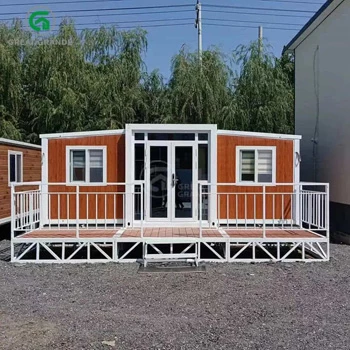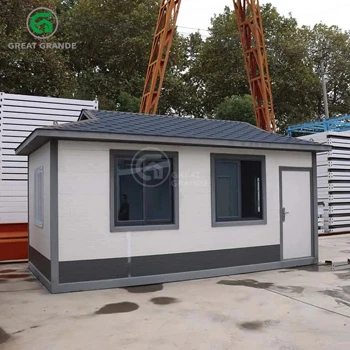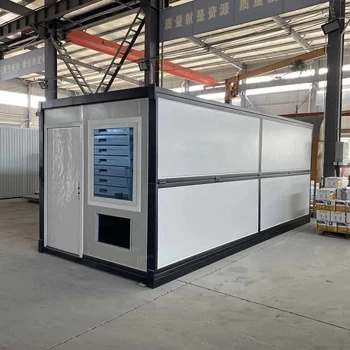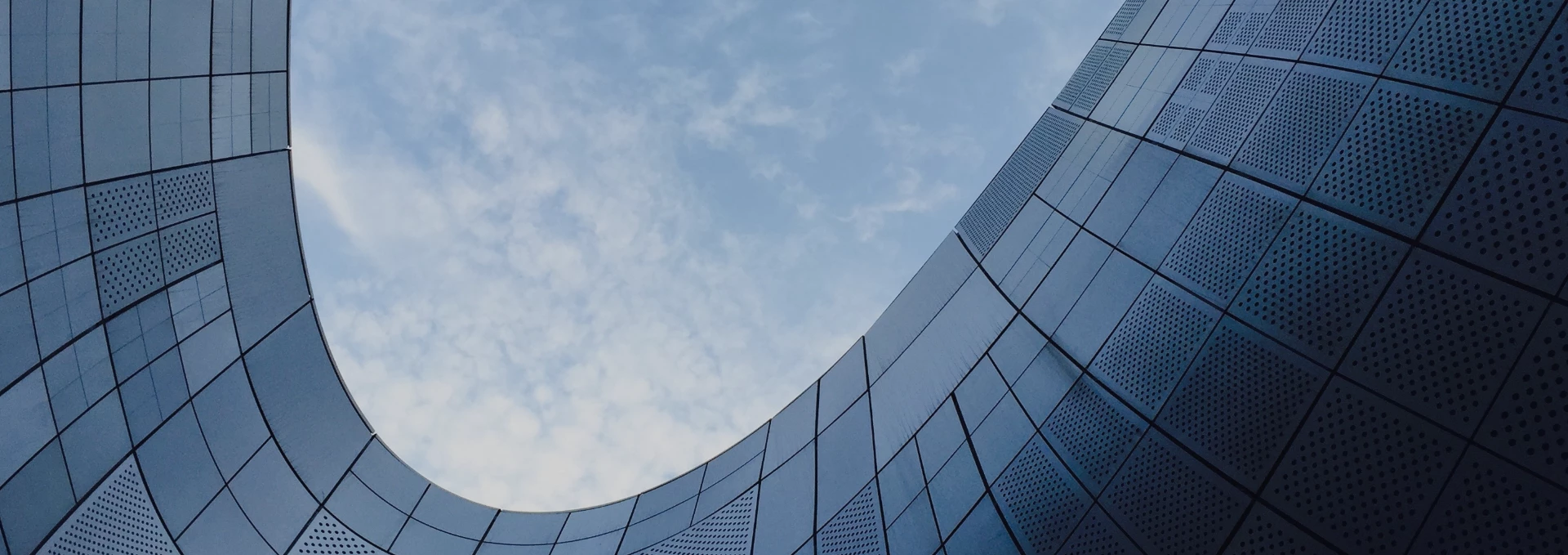Folding container houses, as a new type of construction method, have been widely used in commercial, residential and temporary office places around the world in recent years due to their high efficiency, environmental protection and strong flexibility. Whether as an office, a shop, or a personalized residence, folding container houses can provide people with a comfortable and creative living space. However, in order to keep the stability and comfort of folding container houses for a long time and extend their service life, in addition to material selection and construction quality, daily maintenance and care are also crucial.
Anti-corrosion treatment:
Folding container houses are usually made of steel, which is prone to corrosion problems when exposed to severe weather conditions for a long time. Therefore, anti-corrosion treatment is one of the key measures to extend its service life. Anti-corrosion can be enhanced in the following ways:
- Coating protection: Use high-quality anti-corrosion paint to coat the outside of the container to form a solid protective layer to prevent moisture and air from directly contacting the metal surface, thereby reducing the risk of rust.
- Galvanized steel: Choose galvanized steel or other anti-corrosion metal materials, which have strong corrosion resistance in the structure itself.
Regular inspection and maintenance:
Whether it is a steel structure or the internal facilities of a folding container house, regular inspection and maintenance are the basis for ensuring the long-term use of the house. It can be done in the following ways:
- Structural inspection: Regularly check the structural stability of the folding container, especially after encountering extreme weather (such as strong winds or heavy rains), to ensure that there is no looseness or deformation. If necessary, reinforce it.
- Cleaning and maintenance: Regularly clean the exterior of the house, especially the sealing of the drainage system, windows and doors, to avoid water accumulation or dust blockage, which affects the structure and use function of the house.
Reasonable installation and layout:
The installation location and layout of the folding container house also have an important impact on its service life. Choosing a suitable installation environment can reduce the damage to the house by external factors.
- Avoid humid environments: Try to avoid placing container houses in humid or poorly drained areas to prevent ground moisture from penetrating into the bottom of the container, causing corrosion and mold.
- Infrastructure construction: Build a solid foundation for the folding container house to prevent the house from directly contacting the ground, reduce the impact of moisture, and extend the service life of the house.
Temperature control system and ventilation design:
Folding container houses are often prone to poor air circulation due to their strong airtightness, which may cause moisture or high temperature inside the house, thus affecting the service life of the house’s materials and furniture. Therefore, a reasonable temperature control system and ventilation design are essential.
- Ventilation design: Design an effective ventilation system to ensure indoor air circulation and avoid the generation of moisture, mold or odor.
- Temperature control system: In cold areas or hot climates, install temperature control systems (such as air conditioners, heaters, etc.) to adjust the indoor temperature and avoid temperature changes from causing damage to the structure of the folding container house.
Enhance earthquake and wind resistance:
Strongly stable folding container houses also need to take into account the impact of natural disasters, such as earthquakes and typhoons. Enhancing the earthquake and wind resistance of folding container houses will help ensure their safety in extreme weather.
- Seismic design: Strengthen the basic structure of folding container houses to enable them to withstand the impact of earthquakes, especially in earthquake-prone areas, to ensure that the houses can be used safely for a long time.
- Wind-resistant measures: In areas with strong winds, wind-resistant devices can be added to the walls and roofs of the house to prevent damage caused by strong winds.
Choose the right container model and material:
When choosing a folding container house, it is crucial to choose the right container model and material. Some containers may have been damaged or have quality problems during the initial construction, affecting their long-term use.
- High-quality materials: Choose thicker, high-quality folding container houses to ensure their compression and corrosion resistance.
- Climate-friendly models: Choose the right folding container house model according to specific climatic conditions to ensure that it can adapt to the needs of a specific environment.
Conclusion:
Folding container houses have become an important form of construction in modern society due to their flexibility and convenience. By strengthening anti-corrosion, regular maintenance, reasonable installation, temperature control and ventilation design, enhancing earthquake and wind resistance, and choosing suitable materials, the service life of container houses can be effectively extended and their long-term use value can be improved.






